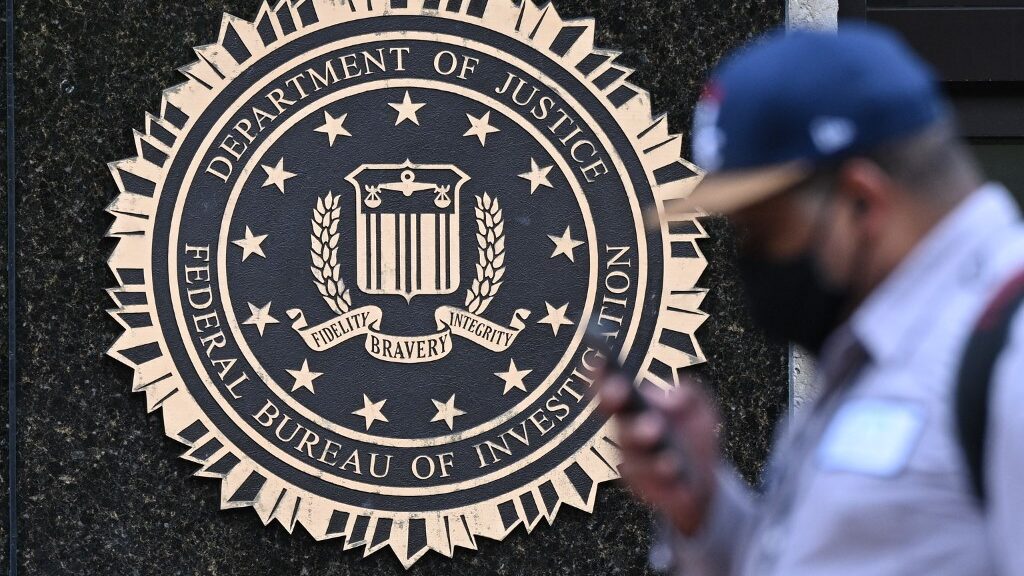
The bill that was crafted to legalize online sports
Resources for Problem Gamblers
The Connecticut Department of Mental Health and Addiction has been tasked with completing a study on the effects of legalized gambling in the state by August 1st of 2023. The study was commissioned specifically to find out if the Council on Problem Gambling should have more resources to battle gambling addiction.
Democratic state Representative Maria Horn, the co-chair of the state’s public safety and security committee, believes the operators should be collecting and sharing the data on the mechanisms being triggered by those who either believe they have a problem or want limits imposed on them so gambling does not become a problem in their lives.
Horn said, “The whole point to me was that if internet gaming is generating better data about problems, we’re going to be able to take advantage of that and help people.”
The three online operators, the Connecticut State Lottery in partnership with Rush Street Interactive (RSI), the Mashantucket Pequot Tribal Nation and its partner DraftKings, and the Mohegan tribe partnered with FanDuel have all expressed their willingness to cooperate with any changes in the law regarding reporting problem gambling data.
“Under the existing state statutes and regulations, the CT Lottery is not the agency tasked with maintaining comprehensive data on problem gambling and problem gamblers,” said Tara Chozet, CT Lottery director of public relations and social media. “RSI, similar to its competitors in the market, does not release proprietary data specific to its app and website usage.”
Anika Howard, the president of the Mashantucket Pequot tribal nation’s gaming operation said, “We’ll have to get together collectively as all of the suppliers together and say, ‘Here are the things we are comfortable sharing broadly as an industry.’”
Privacy Concerns
Sharing general information on those who have sought the tools to help them deal with addictive gambling behavior like self-banning, spending, and deposit limits, as well as session time limits, is one thing but naming names is another. According to the Department of Consumer Protection, 970 Connecticut residents have opted out since online getting arrived in the Nutmeg State in October of last year.
It is not clear exactly how deep a dive Representative Horn expects the online operators to do but it could get dicey if players believe their names will be shared. It could also be counterproductive because those who would normally be inclined to use the tools may decide not to for fear of their name being shared in the collection and dissemination of the data.
Paul Tarbox, the Connecticut Council on Problem Gambling’s manager of public policy and communications stated, “Currently our helpline is receiving a large amount of calls/chats of individuals frustrated by customer service issues with their gaming accounts. This is stretching our resources to help individuals who are impacted by gambling-related harms.”
How the data will be shared and whether or not the anonymity of those using the protections in place will be respected has yet to be determined. But it would seem counterproductive to share customers’ names who are trying to help themselves without being exploited for the sake of a study.
Bookmakers Review will continue to monitor this story and report back to our readers as events unfold.

















